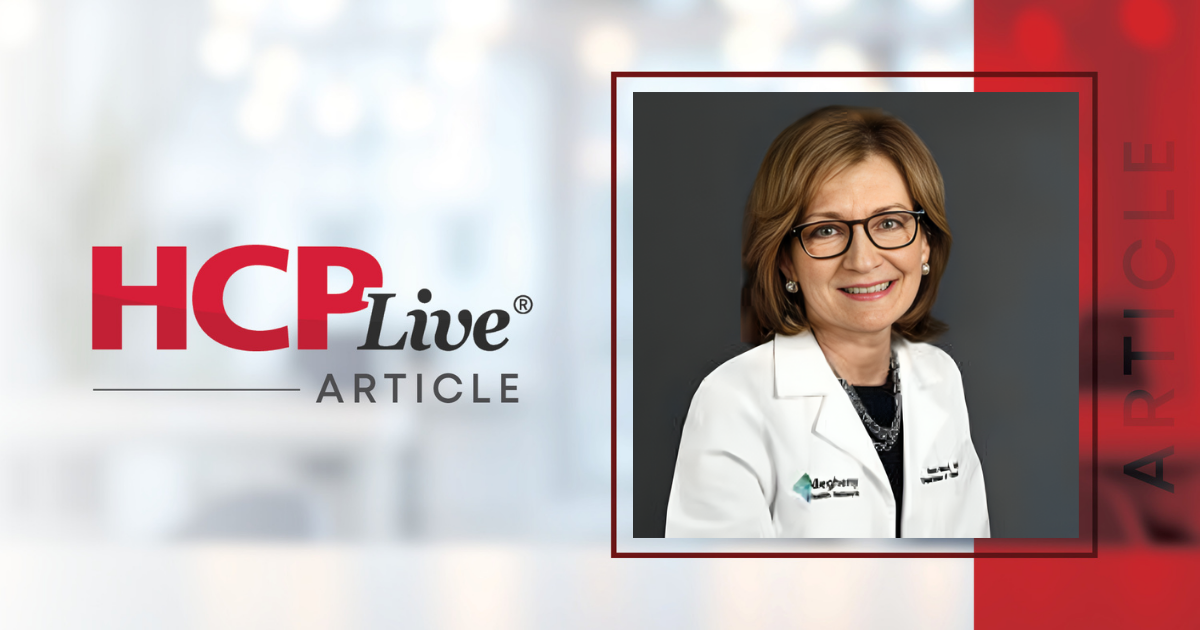
New parents often face sleep deprivation during their hospital stays after childbirth due to frequent interruptions from medical staff. A practical strategy shared by parenting expert Jamie O’Day offers a way to enhance rest and recovery for mothers and fathers during this critical time.
Childbirth can be an exhausting experience, particularly when new parents find themselves in a hospital setting. The constant cycle of feeding schedules, medical checks, and consultations can lead to significant fatigue. O’Day, a co-founder of a parenting support company and a former labor and delivery nurse in Boston, emphasizes the need for a more effective approach to postpartum care that allows parents to rest.
One simple yet impactful technique is the use of a ‘do not disturb’ sign on the hospital room door. This straightforward measure can significantly reduce interruptions, allowing parents to gain much-needed sleep. O’Day recently coached a couple struggling with sleep deprivation, demonstrating how this method can make a tangible difference.
A case study involving a new mother in a New York City hospital highlights the challenges many face. After a lengthy labor and an emergency C-section, the mother found herself overwhelmed with anxiety, anticipating frequent checks and interruptions for her newborn’s needs. Following O’Day’s advice, the new father communicated with the nursing staff to request a ‘do not disturb’ sign. The nurse responded positively, showcasing the willingness of healthcare professionals to accommodate such requests.
Nurses play a crucial role in coordinating care, acting as a central point of contact for various necessary assessments. By consolidating procedures such as doctor visits and tests, nurses can significantly minimize interruptions, typically bundling these tasks into a consolidated timeframe of 30 to 40 minutes. This approach offers new parents longer stretches of uninterrupted rest, essential for their recovery.
O’Day further recommends that parents proactively communicate their need for rest before exhaustion sets in. A simple inquiry, such as, “Is there a way to coordinate care to minimize interruptions?” can initiate a productive dialogue with nursing staff. The couple who heeded O’Day’s advice reported experiencing four hours of uninterrupted time, including three hours of restful sleep.
This experience underscores the importance of prioritizing rest during the immediate postpartum period. Improved sleep contributes significantly to both parental recovery and overall family health. By fostering better communication and understanding the resources available in hospitals, the well-being of new parents can be enhanced during this crucial time.
As hospitals adapt to the needs of new parents, the implementation of strategies that prioritize rest may lead to more positive recovery experiences for families, ultimately benefiting the health of both parents and their newborns.






